In the realm of water sports, two popular options have emerged: traditional jet skis and electric kickboard.
Both offer unique experiences on the water, but they cater to different preferences and needs.
This article delves into an in-depth comparison of these two watercraft, covering aspects such as market trends, technical specifications, user experience, environmental impact, and pricing.
Jet Skis: Power and Performance
Market Overview
Jet skis, or personal watercraft (PWCs), have been a staple in water recreation for decades.
The market is currently experiencing a shift towards more eco-friendly options, with manufacturers developing electric and hybrid models to meet environmental regulations and consumer demand for sustainable products .
Technical Specifications
-
Engine Type: Gasoline-powered, typically 4-stroke engines.
-
Horsepower: Ranges from 100 to over 300 HP, depending on the model.
-
Top Speed: Can exceed 65 mph (105 km/h) in high-performance models.
-
Fuel Capacity: Varies by model; larger tanks allow for extended use without refueling.
-
Weight: Typically between 400 to 1,000 lbs (180 to 450 kg).
User Experience
Jet skis offer exhilarating speed and agility, making them ideal for thrill-seekers and water sports enthusiasts.
They are suitable for various activities, including racing, freestyle tricks, and long-distance cruising.
However, they require a certain level of skill to operate safely and are best suited for open water environments.
Environmental Impact
Traditional jet skis are known for their noise pollution and emissions.
They contribute to water and air pollution, which has led to increased scrutiny and regulation in many regions.
The shift towards electric and hybrid models aims to mitigate these environmental concerns .
Pricing
The cost of jet skis varies widely based on brand, model, and features:
-
Entry-Level Models: Approximately $5,000 to $8,000.
-
Mid-Range Models: Around $8,000 to $12,000.
-
High-Performance Models: Can exceed $15,000.
Operating costs include fuel, maintenance, and storage.
Recommended: Top 6 Best Underwater Scooters Under $600
Electric Kickboard: Innovation and Accessibility
Market Overview
Electric kickboards are a newer addition to the water sports market, gaining popularity due to their accessibility, ease of use, and environmental benefits.
The global market for swimming electric kickboards was valued at USD 150 million in 2024 and is projected to reach USD 300 million by 2033, growing at a CAGR of 8.5% .

Technical Specifications
Taking the ASIWO MAKO Electric Kickboard as a representative example:
-
Dimensions: 19.2 x 4.9 x 6.1 inches (487 x 380 x 155 mm).
-
Weight: 5.7 lbs (2.6 kg), including battery.
-
Motor Power: 300W.
-
Battery: Li-ion 18650 37V/2.5A, with a capacity of 92.5Wh.
-
Charging Time: 3–4 hours.
-
Speed Modes:
-
Slow: 2 ft/s (60 minutes runtime).
-
Middle: 3.3 ft/s (30 minutes runtime).
-
Fast: 5 ft/s (18 minutes runtime).
-
-
Thrust: Up to 9 kgf (19.84 lbs).
-
Buoyancy: Supports up to 265 lbs (120 kg) .

User Experience
Electric kickboards are designed for users of all ages and skill levels.
They provide a gentle and enjoyable ride, making them suitable for beginners and families.
The intuitive controls and lightweight design enhance the overall experience, offering a fun and safe way to explore the water.
Environmental Impact
Electric kickboards produce zero emissions during operation, making them an eco-friendly choice for water recreation.
Their quiet motors also reduce noise pollution, contributing to a more serene aquatic environment .
Pricing
The ASIWO MAKO Electric Kickboard is priced at approximately $269, offering an affordable entry point into electric water sports.
This price point makes it accessible for a wide range of consumers, including families and recreational users .
Comparative Analysis
| Feature | Jet Ski | Electric Kickboard (e.g., ASIWO MAKO) |
|---|---|---|
| Power Source | Gasoline | Electric (Li-ion battery) |
| Speed | Up to 65 mph | Up to 5 ft/s (3.4 mph) |
| Runtime | Several hours | 18–60 minutes per charge |
| Weight | 400–1,000 lbs | 5.7 lbs |
| Environmental Impact | High emissions and noise | Zero emissions, low noise |
| Ease of Use | Requires skill and experience | User-friendly, suitable for all ages |
| Price Range | $5,000–$15,000+ | ~$269 |
| Maintenance | High (fuel, oil changes, storage) | Low (charging, occasional cleaning) |
Conclusion
The choice between a jet ski and an electric kickboard depends on individual preferences, intended use, and environmental considerations:
-
Jet Skis: Ideal for thrill-seekers and experienced riders looking for high-speed adventures and versatility in various water conditions.
-
Electric Kickboard: Perfect for families, beginners, and eco-conscious individuals seeking a fun, accessible, and environmentally friendly water activity.
Both options offer unique experiences, and the best choice hinges on aligning the features with personal needs and values.
FAQs
Q: What’s the top speed of a jet ski compared to an electric kickboard?
Jet skis can reach speeds of up to 65 mph or more, while electric kickboards typically top out at 3.4 mph.
Q: Are electric kickboards suitable for beginners?
Yes, electric kickboards are user-friendly and ideal for beginners, offering easy control and a safe, enjoyable ride.
Q: How long does the battery of an electric kickboard last?
Depending on the speed setting, the battery lasts between 18 to 60 minutes before needing a recharge.
Q: Which option is more eco-friendly?
Electric kickboards are far more eco-friendly, as they produce zero emissions and have a lower environmental impact compared to gasoline-powered jet skis.
Q: What is the price difference between a jet ski and an electric kickboard?
Jet skis generally cost between $5,000 and $15,000, while electric kickboards like the ASIWO MAKO are priced around $269, making them much more affordable.
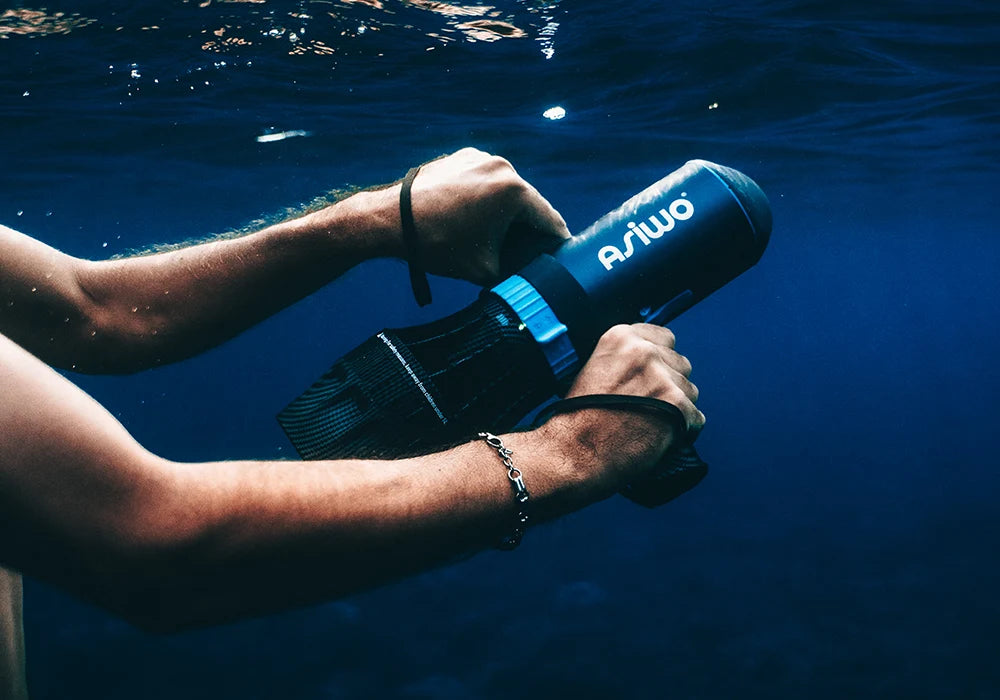




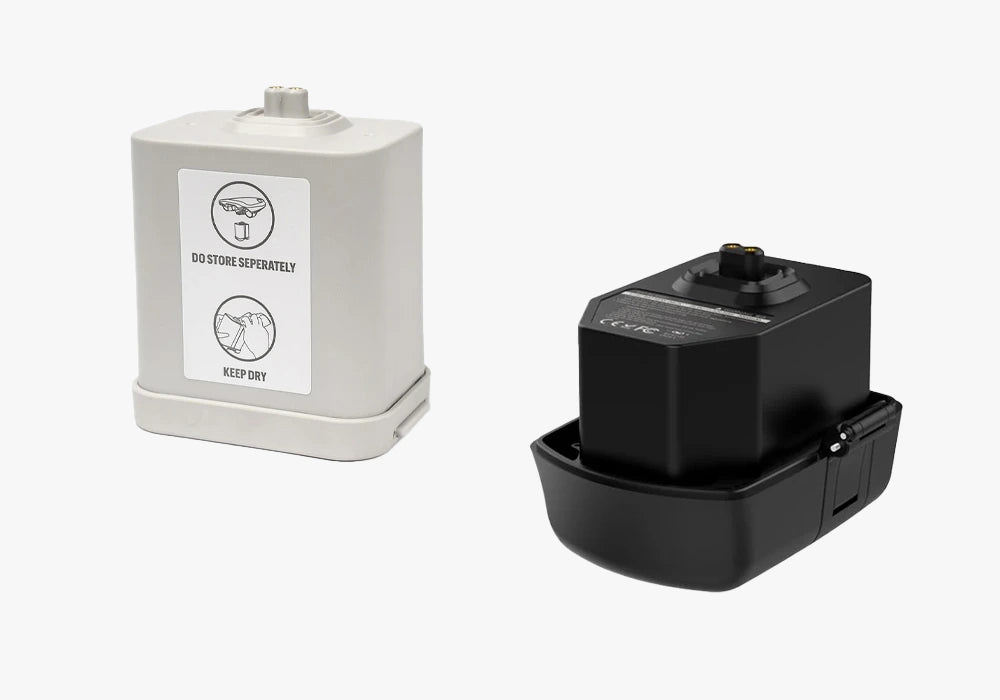




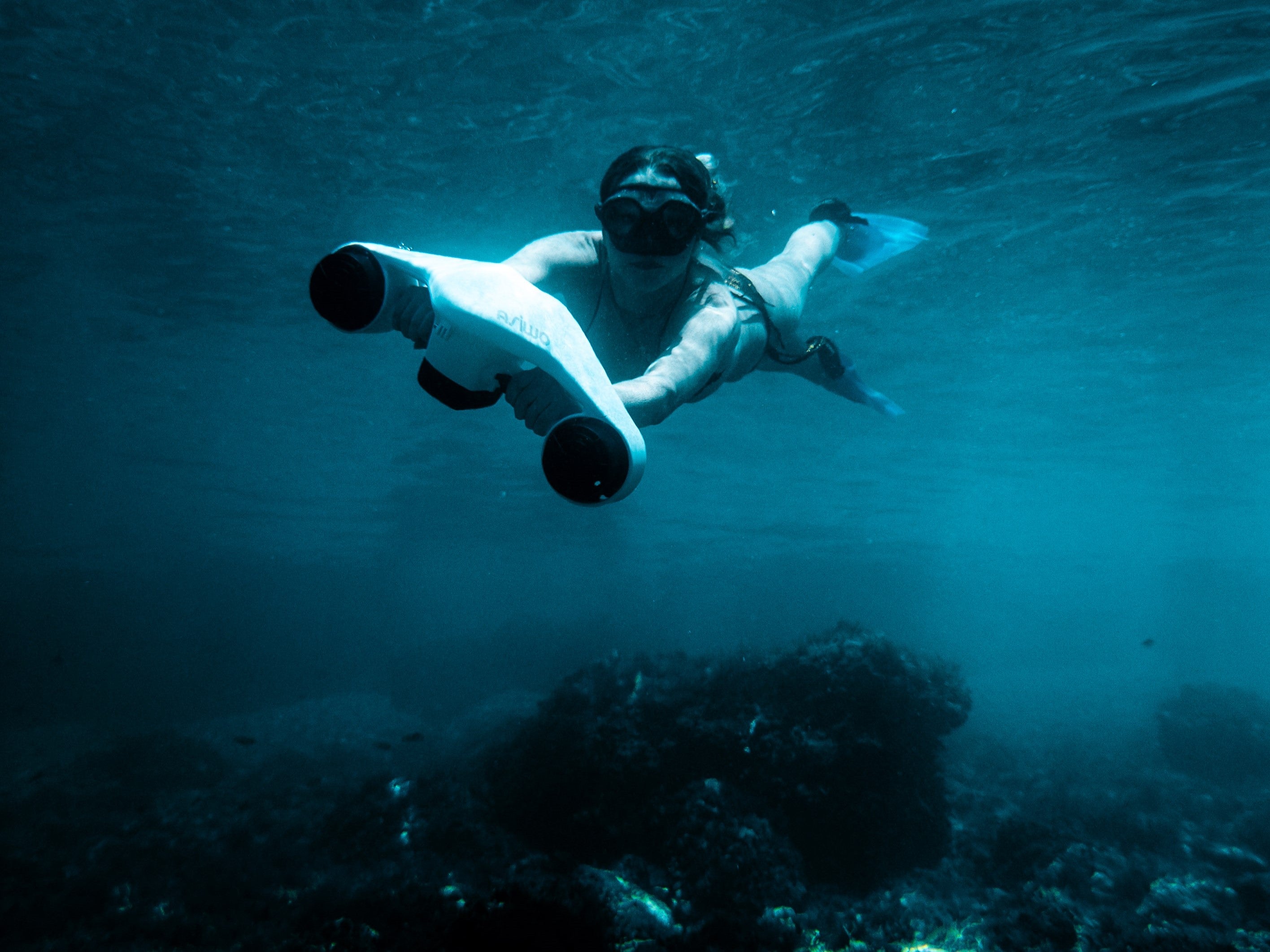
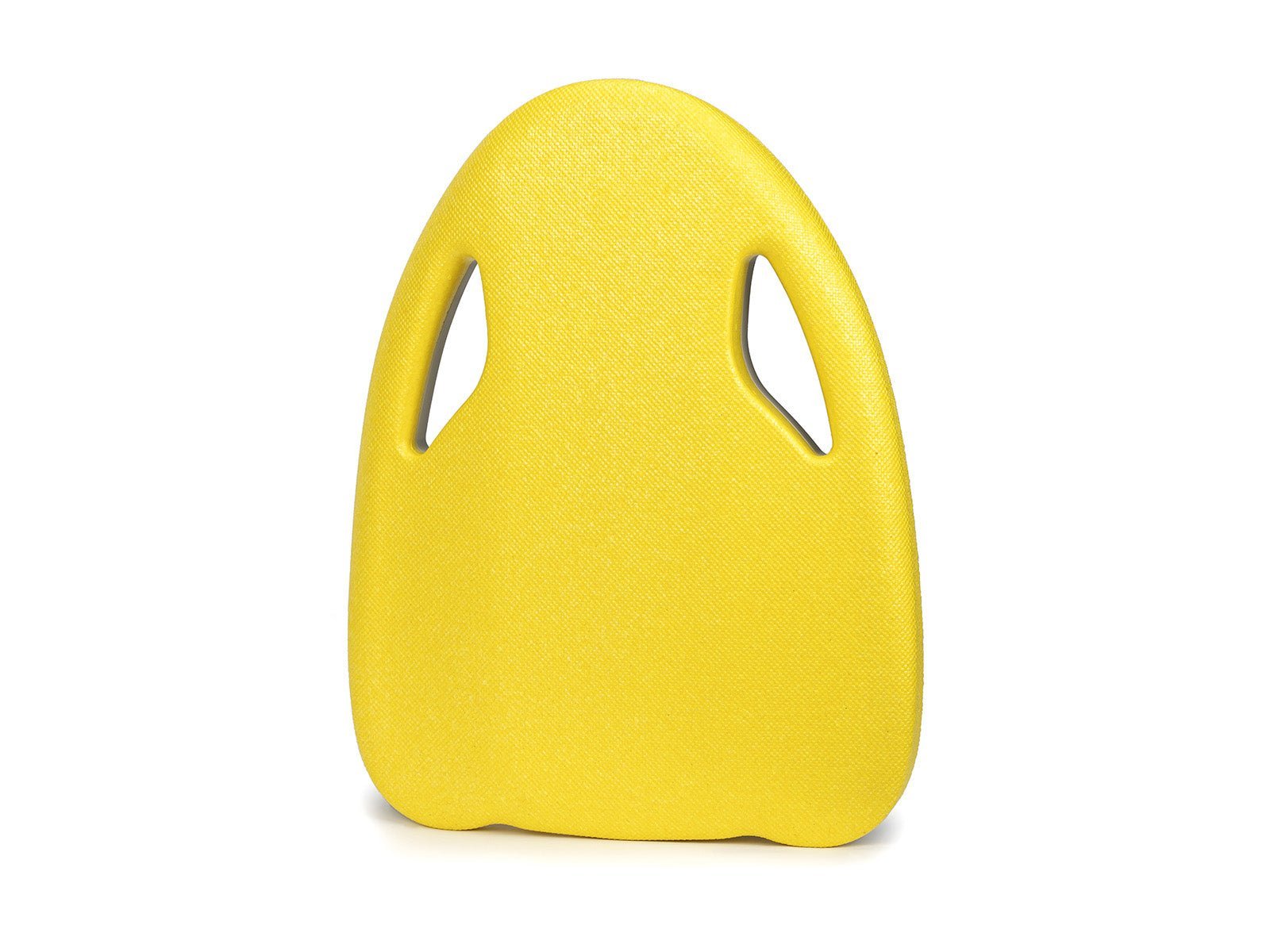
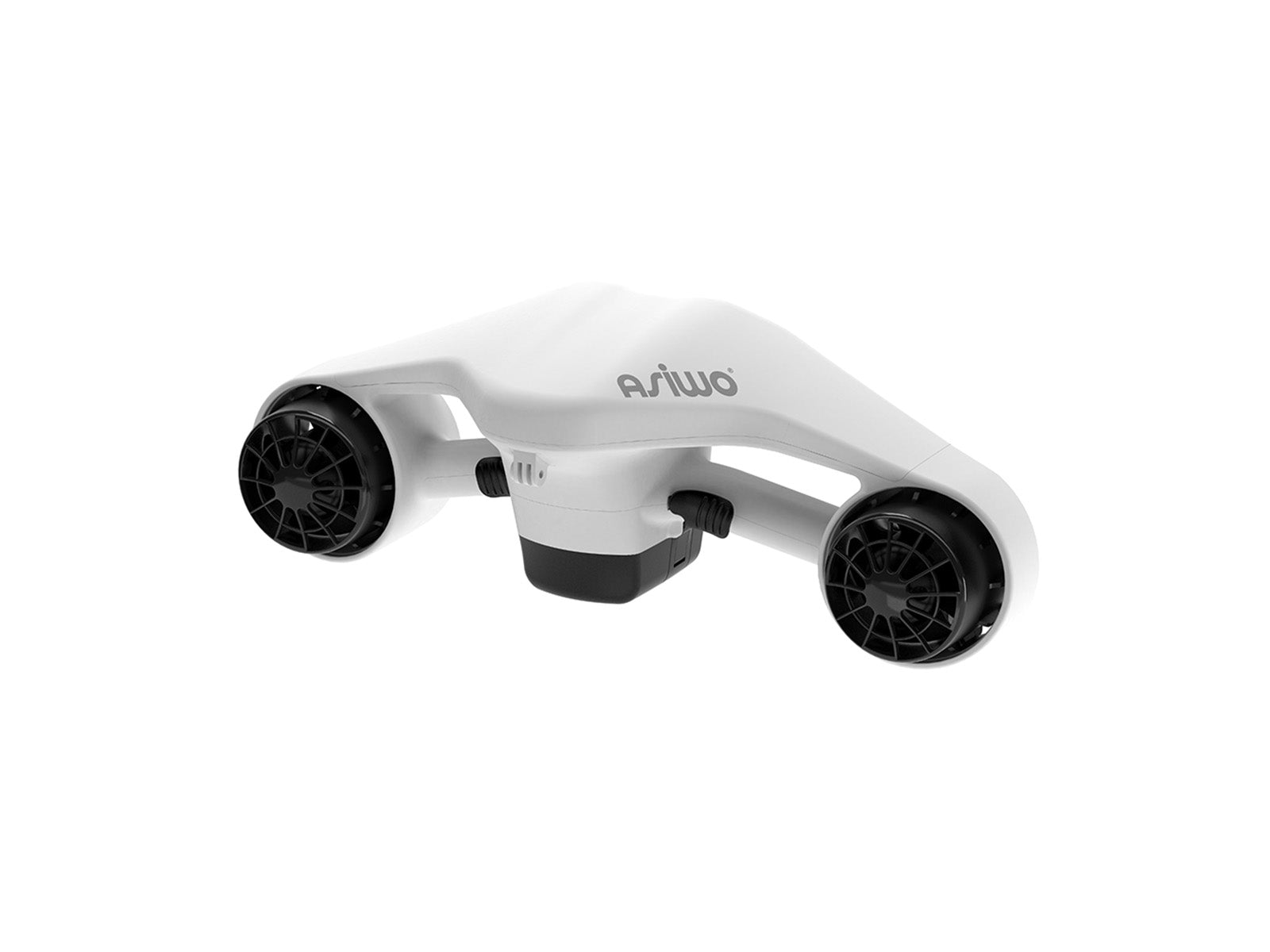
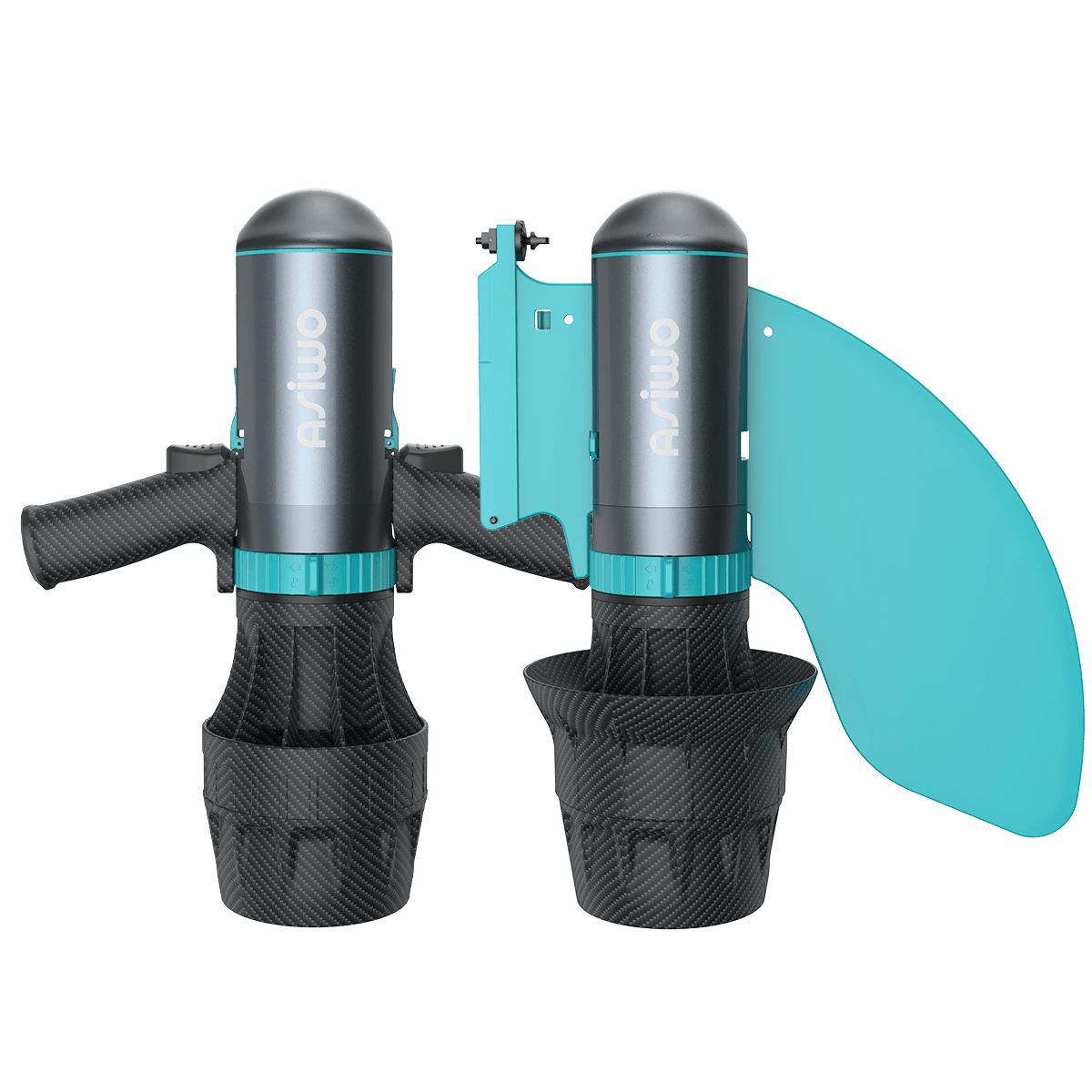




Hinterlassen Sie einen Kommentar